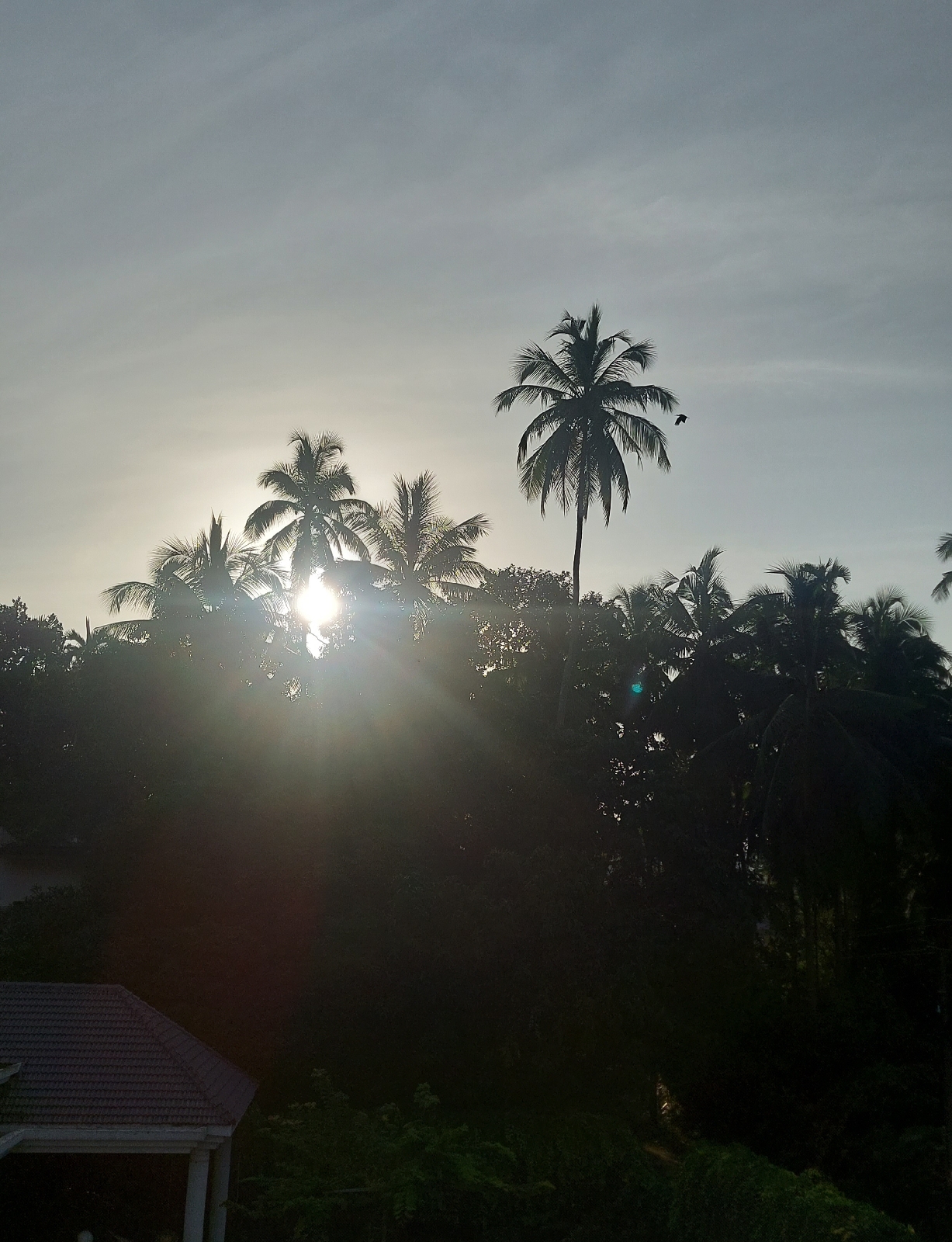Zulu (1964) - A Tale of Bravery
Sir Philip Sidney has suggested how poets
are able to bridge the gap between the historian and the philosopher, creating
a medium where the audience can better associate the essential elements of
history while understanding the consequences of the actions on a
deeper level. Now if you would watch the film Zulu (1964) you’d probably realize
the great amount of effort and heart went into crafting the film, that strikes
a perfect balance between its history and message conveyed.
The link for
the film on YouTube:
https://youtu.be/NVokKq2CdO4?si=5B2lAYTlbiwu2QEg
To give a brief introduction to the film,
it is a depiction of a real-life battle that happened in the year 1879. The
Zulu warriors have overpowered the colonial British forces and a small regiment
of 140 men has found refuge in a nearby station run by a missionary and his
daughter. It is learnt that an army of four thousand Zulu warriors are coming
their way. Unable to leave the wounded and abandoned by the cavalry forces, the
regiment decides to hold their ground despite the lack of manpower. As the army
of Zululand attacks the station, the men set up defensive positions desperately
trying to protect their station. Although they possess rifles, they are no
match for the thousands of brave Zulu warriors. However as the battle rages on
men from both sides suffer great loses, until the Zulu army withdraws from
battle. Eleven men are awarded the Victoria Cross for gallantry.
Now on the broader side of the history,
although the Zulu army had the initial victory, they were defeated at the Roark's Drift battle. In Parliament
upon the downfall of his government, British Prime Minister, Benjamin Disraeli,
asked the question: “Who are these Zulus, who are these remarkable people who
defeat our generals, convert our bishops and who on this day have put an end to
a great dynasty?”
As I said in the beginning, a delicate
subject like this should be carefully executed in such a way that the Zulu
warriors are not portrayed as savages nor should the bravery of the British
soldiers be understated. In the midst of this, the film also has the herculean
task of not getting too swayed with the gore of the battle itself, to give
an honest and believable depiction of the war too. And guess what, it does all
this in a way you wouldn’t even notice!
It was a quite fascinating dive into the
military tactics used by both the armies. For instance, we have the first wave
of Zulu warriors voluntarily sacrificing their lives so as to evaluate the
firepower and manpower of the British forces housed at the station. However for
me, what really caught my attention the volley fire technique used by the
British forces effectively suppressing an overwhelming force of the enemy.
The film also effortlessly depicts the
conflicts amongst the higher-ranking officers, the resolution and the violent
nature of the battle. The Zulu army has been represented with due respect
giving attention to their cultures, traditions and battle practices. The Zulu
leader was even played by the grandson of the leader who led their forces in
1879!
The film, Zulu is one that I would definitely
recommend. Its magnificent acting performances Stanley Baker and a young Michael
Caine, with lots of memorable moments gives it scope for multiple rewatches.
Give it a try
and let me know your thoughts dear reader!
Until next
time…
Lan






Comments
Post a Comment